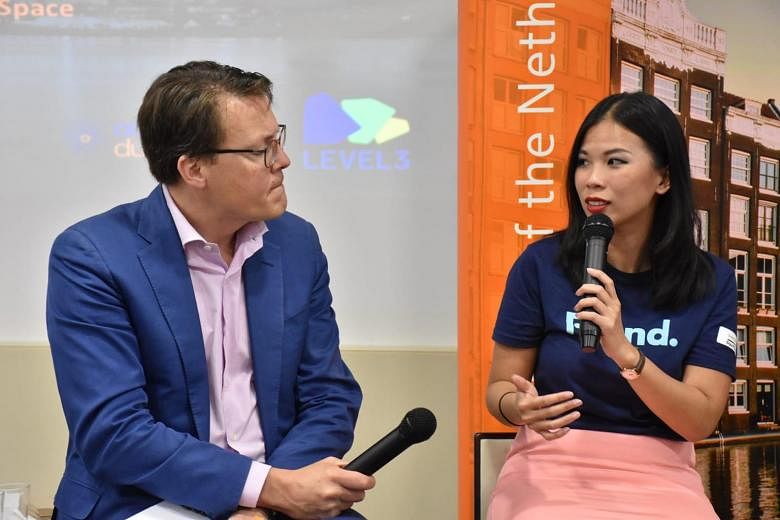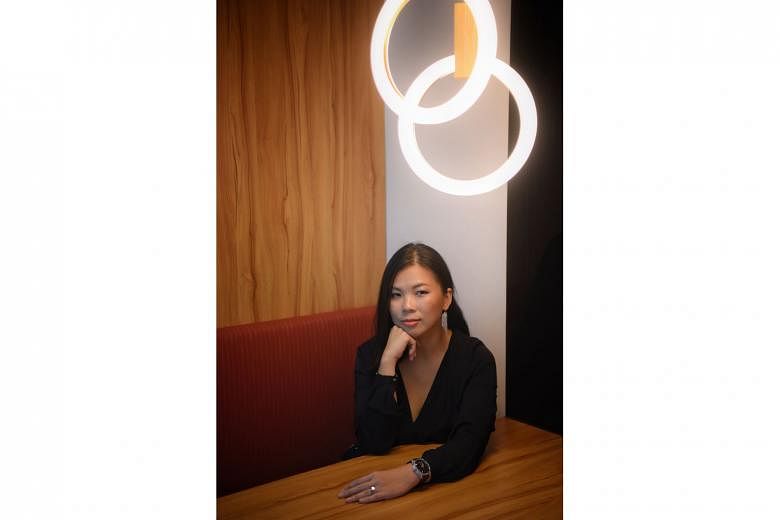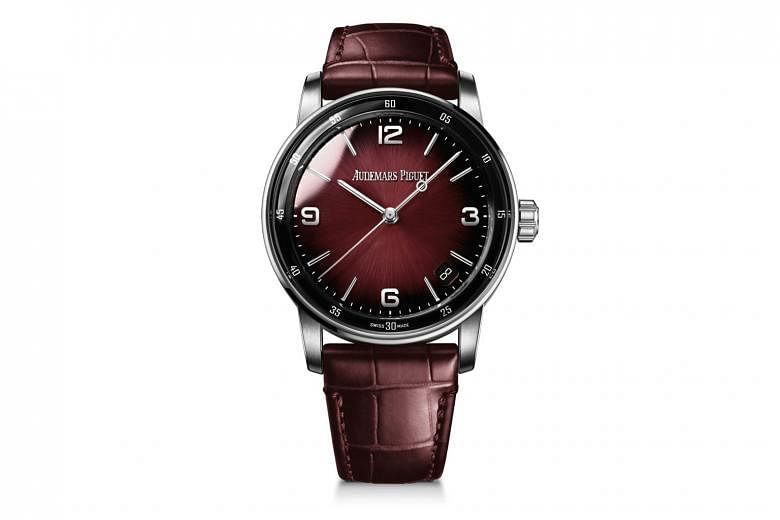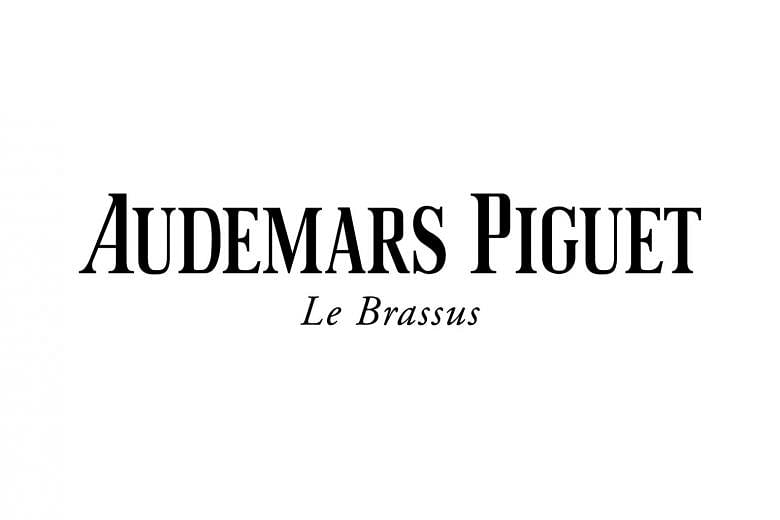Ms Grace Sai was nervous as she walked towards the Singapore Customs counter at the Woodlands checkpoint.
Please, please don't make me open my suitcase, she prayed silently.
"But of course, I kena," she says, dramatically flipping her palms upwards and lapsing into Singlish to emphasise how her worst fear came true.
The Customs officer stared at the 30 fruitcakes in her suitcase. "Is there a war in Singapore? Are you going to feed the whole country?" he asked.
The cakes, she replied feebly, were baked by her mother in Ipoh so that she could sell them and raise money for her start-up.
He asked: "What is a start-up?"
To her relief, he let her through. Over the next few days, she sold the cakes at $100 each to friends and contacts.
The $3,000 she raised allowed her to hang on, for two more months, to a dream she hoped to realise: launching The Hub, one of Singapore's first co-working start-ups.
Time was running out for the Ipoh-born entrepreneur, then 28, who had already busted the seven-month deadline she had given herself to make the concept fly.
"But in those two months, everything happened. And everything changed," she says, eyes crinkling.
She got a seed round and found a building off Orchard Road. The Hub took off like a house on fire, with membership increasing more than ten-fold to more than 300 in barely a year.
Sought after by government think-tanks and hailed as a start-up pioneer and builder of innovation ecosystems, she was soon giving TED talks and flying all over the world to give presentations to the likes of German Chancellor Angela Merkel.
Fast forward eight years.
Ms Sai - now the mother of a year-old toddler - is co-founder of Found8 which made headlines a year ago when it raised $20 million to develop co-working spaces in the region.
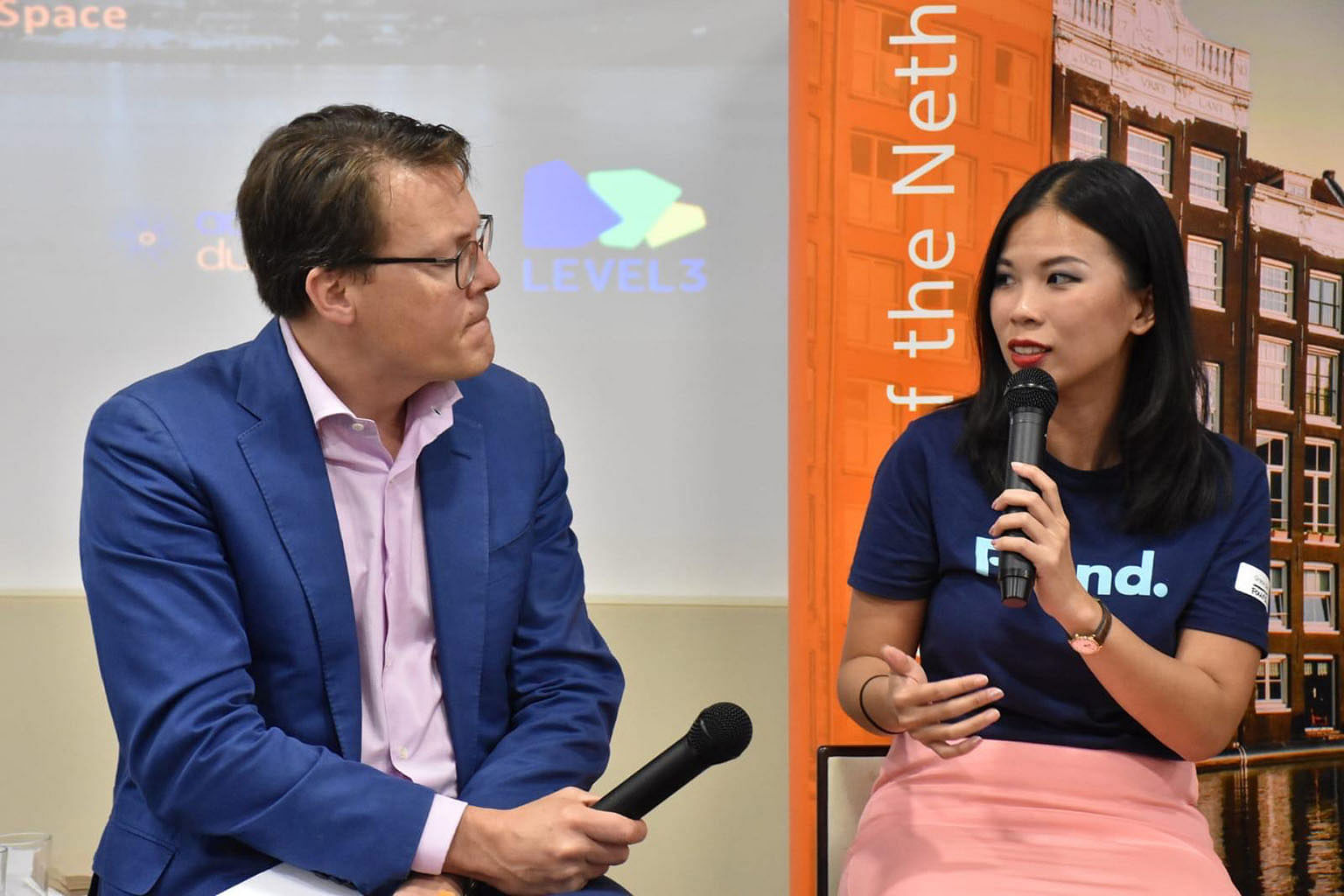
With five locations in Singapore and one in Malaysia, the outfit has about 1,000 members who can tap a network comprising investors, mentors, innovation experts and professional services firms. As it is Google for Startups' first South-east Asia partner, members get access to a suite of perks, philosophies and communities.
At a conference room in the cheerily appointed Found8 space in Amoy Street, the chatty Singapore permanent resident sits, recounting the many detours she has navigated in her life.
She grew up in Ipoh, the fifth of six children of a secondary school assistant headmaster and a kindergarten principal.
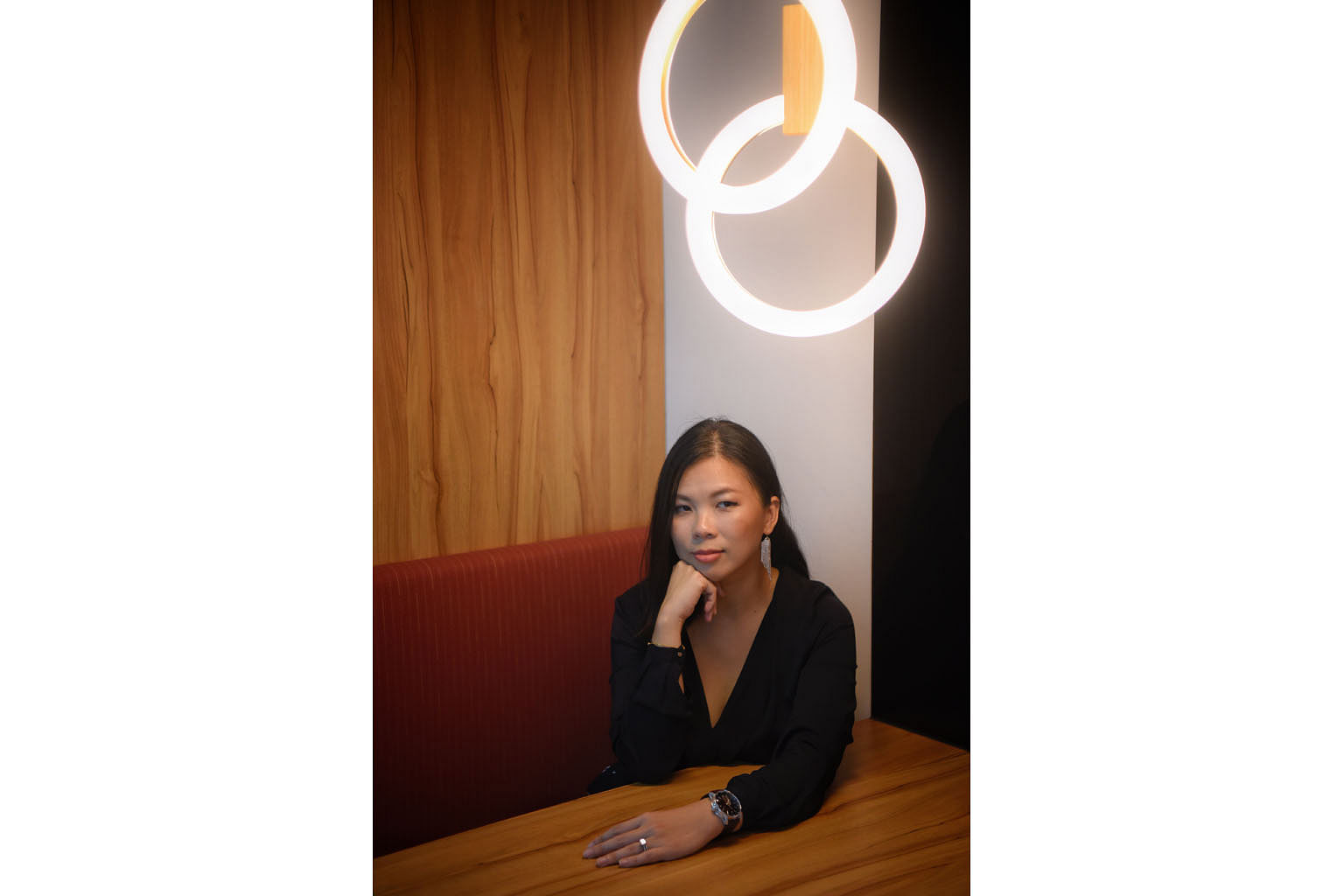
"They were progressive. They never asked us to study but encouraged us to be inquisitive and find things out for ourselves," says Ms Sai, who remembers turning the house into a theme park with her siblings and charging their friends for different "attractions".
Extremely competitive, the straight As student at Methodist Girls School was a high-flier.
"I was president of three clubs, conducted the choir and was a state debater," says Ms Sai, who harboured dreams of becoming a "love doctor" solving the romantic entanglements of listeners on radio.
Her sterling SPM results - the Malaysian equivalent of the O levels - won her an Asean scholarship to study at St Andrew's Junior College in Singapore in 2000.
"The letter came on Christmas Eve but I hid it from my parents because I didn't want to come. I thought I wanted a simple life. But my brother pecah lobang," she says, using the Malay term for spilling the beans.
A few days later, she found herself on the bus crying all the way from Ipoh to Singapore.
Once here, she found her groove quickly and went on to study business at Nanyang Technological University (NTU). A turning point came when NTU marketing professor Hooi Den Huan approached her to write case studies for Rethinking Marketing (2003), a book he co-authored with American marketing authority Philip Kotler and Indonesian marketing expert Hermawan Kartajaya.
"Someone told him I could speak and write in many languages," says Ms Sai, who is fluent in English, French, German, Malay, Indonesian and several Chinese dialects.
The authors were so pleased with her work that Mr Kartajaya offered her a job as his executive assistant in MarkPlus Inc, the largest marketing consultancy in Indonesia.
In 2006, she packed her bags for Jakarta.
"I wanted to know the real world and find the path myself," she says.
Mr Kartajaya wears multiple hats, one of which was consultant to former Indonesian president Susilo Bambang Yudhoyono.
"I met SBY," she says, using the acronym he is known by, "in the first week I was there. And I also got a chance to work with (author) Kotler. That's when my global exposure began."
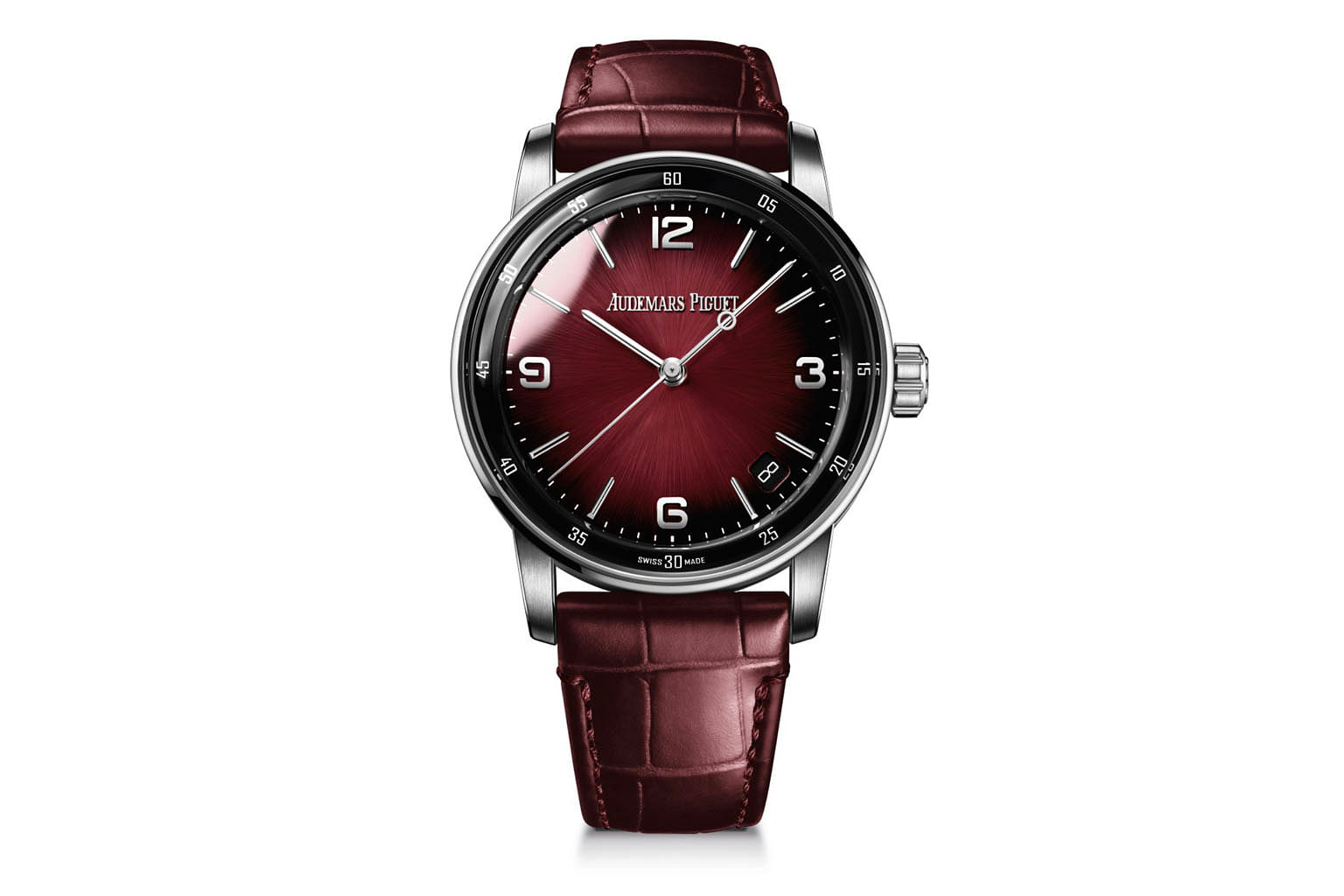
A year later, her sister asked her to set up a telco company in Jakarta. Winning telco contracts and building telco towers, she says, involved dealing with all sorts of people, some of whom were shady.
But she coped well, thanks to her one year at MarkPlus where she not only cultivated an invaluable network of contacts but also developed some entrepreneurial smarts.
"It made me realise having a set of strong values and principles is important because it's very easy to get dodgy. I did it my way and produced results," she says proudly.
Money, she realised, is not hard to make.
"But it wasn't necessarily meaningful just making a business work because it wasn't purpose-led."
It led, she says with a laugh, to a "quarter-life crisis". Then she had a strange dream involving a building with a basketball court and 342 rooms for homeless children to study in.
"It was so vivid that I just drew it out when I woke up. I also had a feeling that it was something I had to do."
She spoke to her late father, who told her to focus on building her career and do good later in life. Because she stubbornly ignored his advice, father and daughter did not speak for six months.
Inspired by Mr John Woods, the Microsoft executive who left the computer giant to set up the non-profit Room To Read, Ms Sai decided to launch Books For Hope by building libraries in remote communities.
She wrote an e-mail to her network of friends and contacts, chronicling her dream and detailing ways people could help.
"In three weeks, I had about 4,000 books in my apartment," says Ms Sai, who would trudge off into remote villages on weekends with books, building materials and an army of volunteers.
In just two years, Books For Hope set up 29 libraries, stocking them with more than 30,000 books.
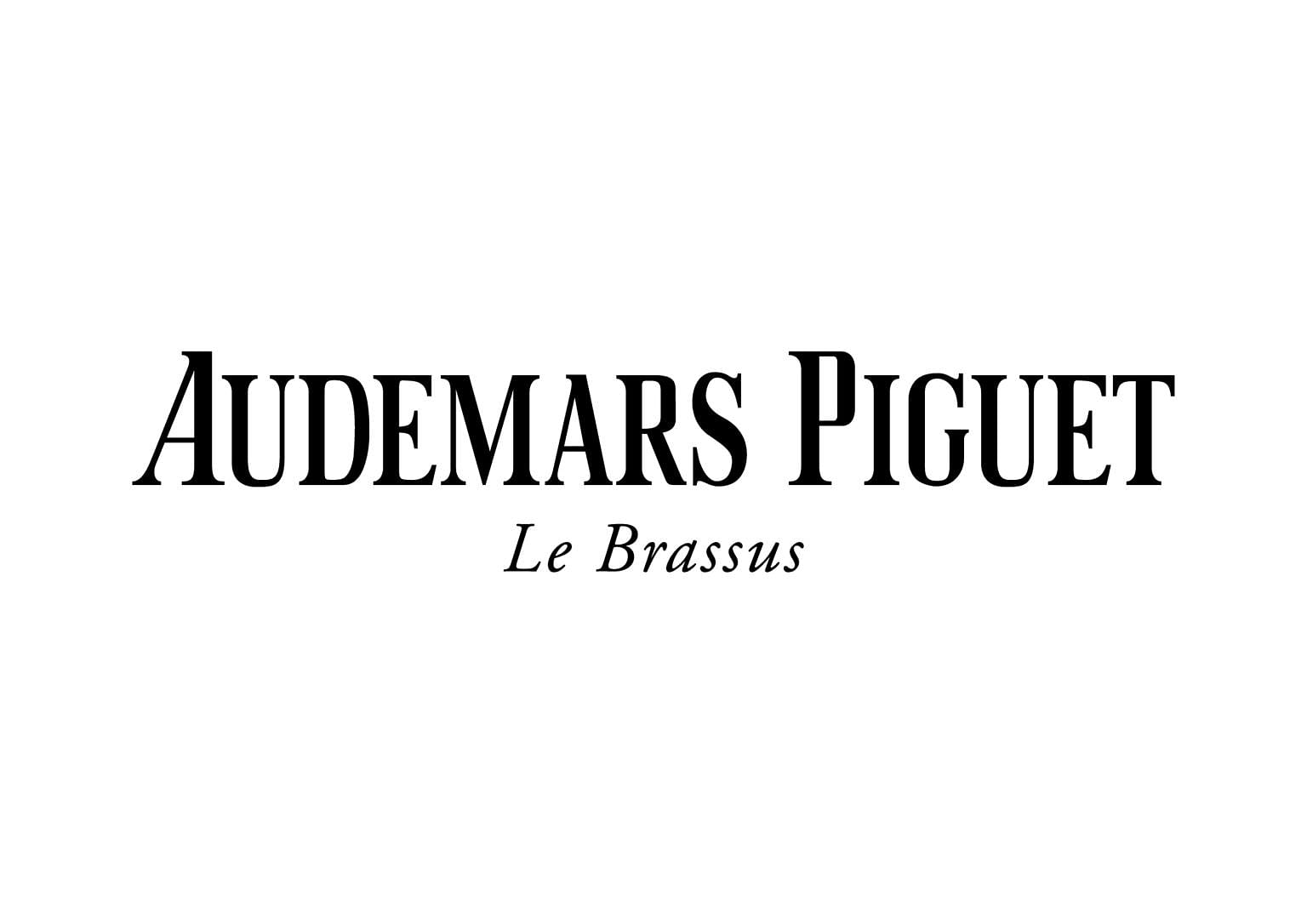
Her work was a game changer in more ways than one. It led to her nabbing a Skoll Scholarship - from e-Bay founder Jeff Skoll - to do an MBA for social entrepreneurs at Oxford University in 2009.
"My one year in Oxford was amazing. The school stood for something, grooming a new generation of business leaders who did not destroy the world but improved lives," says Ms Sai, whose classmates included the Wrinklevoss twins, techpreneurs who famously sued Facebook founder Mark Zuckerberg for stealing their ConnectU idea to create Facebook in 2004.
She met tons of interesting people including TED founder Chris Talk and singer Annie Lennox, who founded The Circle, an NGO to champion women's rights. One night, she even found herself sitting next to her hero, Mr Woods, at dinner.
Ms Sai graduated with distinction in 2010.
"It was my thing. I found my tribe and I felt that the world was my oyster. You know, people who chart their own paths are super lonely because they've got to deal with naysayers so you need to form a community which supports you."
As part of her course, she had a stint in Silicon Valley where she chanced upon The Hub and fell in love with the co-working concept, where different enterprises - from Web developers to social entrepreneurs - come together to solve problems through the creative process.
Although she could have worked in San Francisco or London, she decided to come back to Singapore.
"I felt I could be more purposeful in this region. This is a blue ocean, completely ripe for new business models," she says.
She poured $30,000 - her savings from her MBA scholarship - to start The Hub, later renamed Impact Hub.
"I told myself I could last for seven months without a salary," says Ms Sai, who moved into an apartment in the red-light district of Geylang to save money.
Seven months came and went. Although she had nothing to show for it, she refused to give up. So she took a bus and hightailed it to her parents' home in Ipoh, bought fruit and nuts and got her mother to bake her 30 of her famous fruitcakes.
The rest is start-up history.
"The space was like a mini-United Nations. At one stage, we had 55 nationalities there. Golden Gate Ventures, Tech In Asia and several other well-known names today all started out there," she says, adding that the likes of Mr Toivo Annus (co-founder of Skype) also hung out in the space.
Meanwhile, Ms Sai, who started a corporate innovation practice, continued beefing up her CV. She obtained an executive master's in coaching and consulting for change from Insead and also completed a fellowship with Kauffman Fellows, a leadership organisation in innovation and capital formation.
In 2017, she left the Impact Hub network to start Found.
"At that time, the ecosystem here was growing very quickly. There was a need for intermediaries like us to also serve the wider tech eco-system," she says.
Last year, she joined forces with Ms Michelle Yong from competitor Collison8 to found Found8. She focuses on corporate innovation while Ms Yong takes care of regional expansion.
Asked how badly impacted the business is by the coronavirus pandemic, she says safe distancing measures have halved her inventory.
But Ms Sai, who is married to the head honcho of an insurtech start-up, is not worried.
"There are two schools of thought. One believes the future is work from home. Another believes that corporates will let go of their long-term leases to come into more flexible options like ours. Whether the attrition can be replaced by an influx of customer profile remains to be seen," she says.
The upside from the pandemic? The corporate innovation part of the business which she heads is winning deal after deal. "We've had a record quarter because companies now see the importance of change and innovation."
While destructive, she says the pandemic has a reflective element.
"It strips away all noise and calls for us to return to our purpose, why we started in the first place. It's a chance for companies that have overspent, over-hired and are overhyped to come back to basics.
"It's also a great opportunity for us to rethink how business can be used for societal good."
